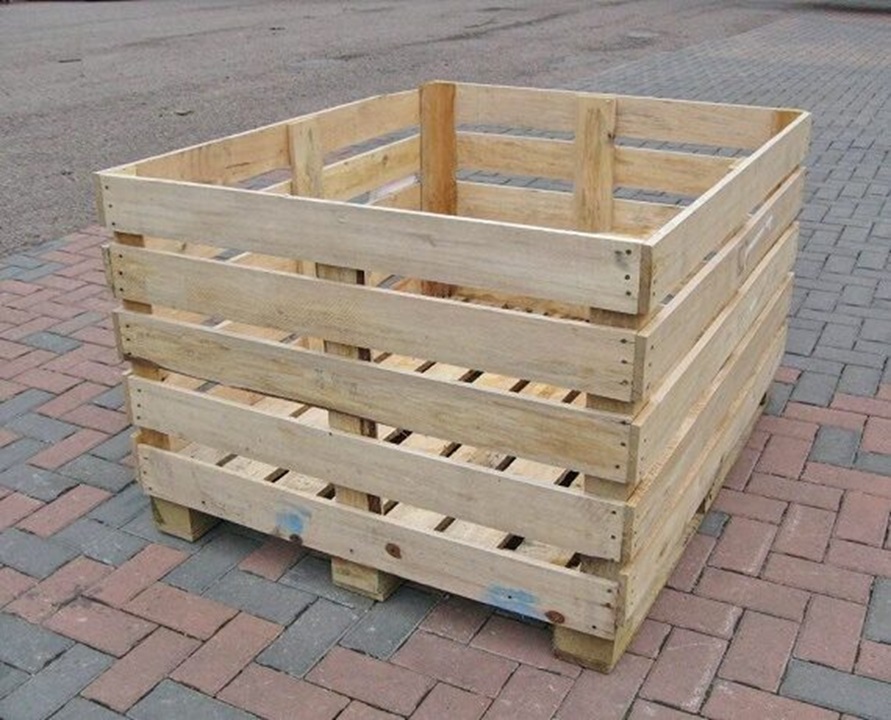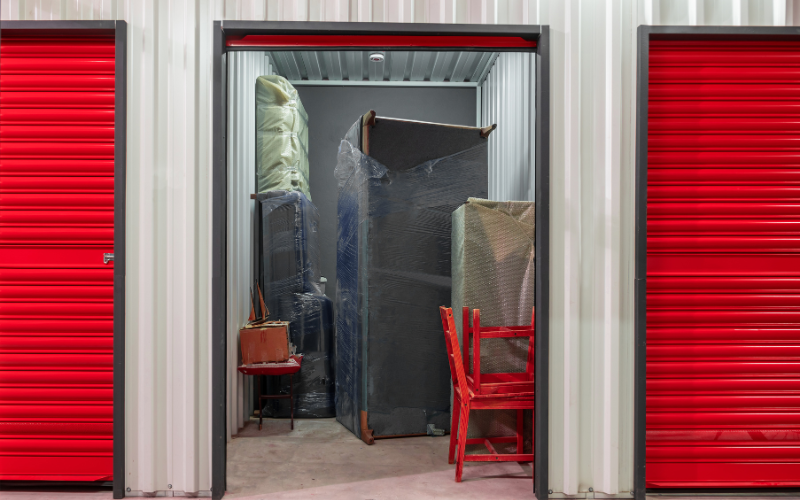
In the ever-evolving landscape of storage solutions, wooden crates have emerged as a versatile and efficient option, blending both functionality and aesthetic appeal. This article delves into the various applications and benefits of wooden crates, showcasing their significant role in modern storage strategies.
Introduction
The resurgence of wooden crates in contemporary storage solutions is a testament to their timeless utility and adaptability. Traditionally used in agricultural and industrial sectors, wooden crates have evolved to meet the diverse needs of modern consumers and businesses. Their resurgence is not merely due to nostalgia but is driven by their practical benefits and sustainable attributes.
Wooden Crates in Domestic Storage
Home Organization
Wooden crates offer an elegant solution for home organization. Their inherent sturdiness and aesthetic appeal make them ideal for various domestic uses, from organizing books and magazines to storing seasonal clothing. The customizable nature of wooden crates allows them to be tailored to fit specific spaces, whether placed in a living room, bedroom, or utility area. Their natural finish can be complemented with different stains and paints, enabling homeowners to match them with existing décor.
Craft and Hobby Storage
For hobbyists and crafters, wooden crates provide a practical and stylish means of organizing supplies. Whether used for storing art materials, sewing notions, or gardening tools, these crates offer both accessibility and protection. Their durability ensures that even heavy or bulky items can be stored securely, while their stackable design maximizes space efficiency in craft rooms and workshops.
Wooden Crates in Commercial Applications
Retail and Display
In the retail sector, wooden crates have become a popular choice for display and merchandising. Their rustic charm adds a touch of authenticity and warmth to store environments, enhancing the visual appeal of product displays. Retailers often use wooden crates to create visually engaging product arrangements, showcase artisanal goods, or implement creative in-store promotions. The versatility of wooden crates allows for easy customization and adaptation to different themes and seasonal displays.
Warehouse and Logistics
Wooden crates have long been a staple in warehouse and logistics operations due to their robustness and durability. They are commonly used for the storage and transportation of goods, offering a reliable solution for handling a wide range of products. The strength of wooden crates makes them suitable for stacking and heavy-duty applications, while their ability to be customized in size and design ensures compatibility with various storage systems. Additionally, wooden crates can be easily repaired or refurbished, extending their lifecycle and reducing waste.
Wooden Crates in Agricultural and Industrial Uses
Agricultural Storage
In the agricultural sector, wooden crates are invaluable for the storage and transportation of produce. Their ventilation design helps to maintain the freshness of fruits and vegetables, reducing spoilage and extending shelf life. The natural materials used in wooden crates are less likely to leach harmful chemicals into produce compared to plastic alternatives, making them a safer choice for organic farming.
Industrial Applications
Wooden crates are also employed in industrial settings for the storage of machinery parts, tools, and other equipment. Their rugged construction is ideal for withstanding the rigors of industrial environments, while their customizable nature allows for precise fitting of tools and components. Furthermore, wooden crates are often used for shipping delicate items, as they provide a protective barrier against external forces during transit.
Benefits of Wooden Crates
Sustainability
One of the most compelling benefits of wooden crates is their environmental impact. Unlike plastic or metal alternatives, wooden crates are biodegradable and often made from renewable resources. Many wooden crates are crafted from reclaimed or sustainably sourced wood, further reducing their ecological footprint. By choosing wooden crates, consumers and businesses contribute to a circular economy and support sustainable practices.
Durability and Strength
Wooden crates are renowned for their durability and strength. They can support significant weight and withstand rough handling, making them suitable for a variety of applications. Their ability to be repaired and refurbished adds to their longevity, offering a cost-effective solution for storage and transportation needs.
Aesthetic Appeal
The natural beauty of wooden crates adds a touch of elegance and warmth to any setting. Their versatile design allows them to be incorporated into both traditional and modern aesthetics, making them a popular choice for enhancing visual appeal in domestic and commercial spaces alike. The ability to customize wooden crates with different finishes and treatments further enhances their versatility.
Conclusion
The versatility of wooden crates underscores their continued relevance in modern storage solutions. From domestic organization and commercial displays to agricultural storage and industrial applications, wooden crates offer a unique blend of functionality, durability, and aesthetic appeal. Their sustainability and adaptability make them an invaluable asset in a wide range of contexts, reinforcing their enduring role in contemporary storage strategies.




